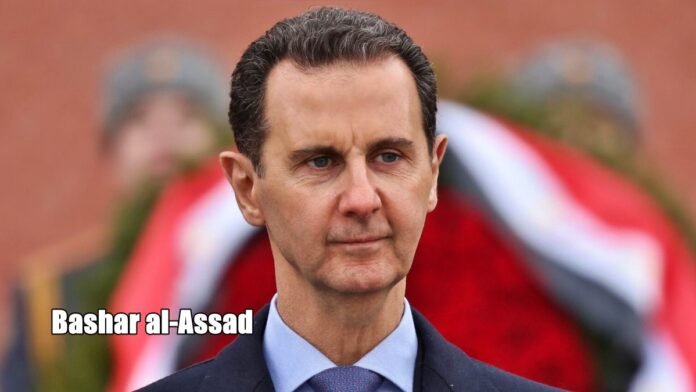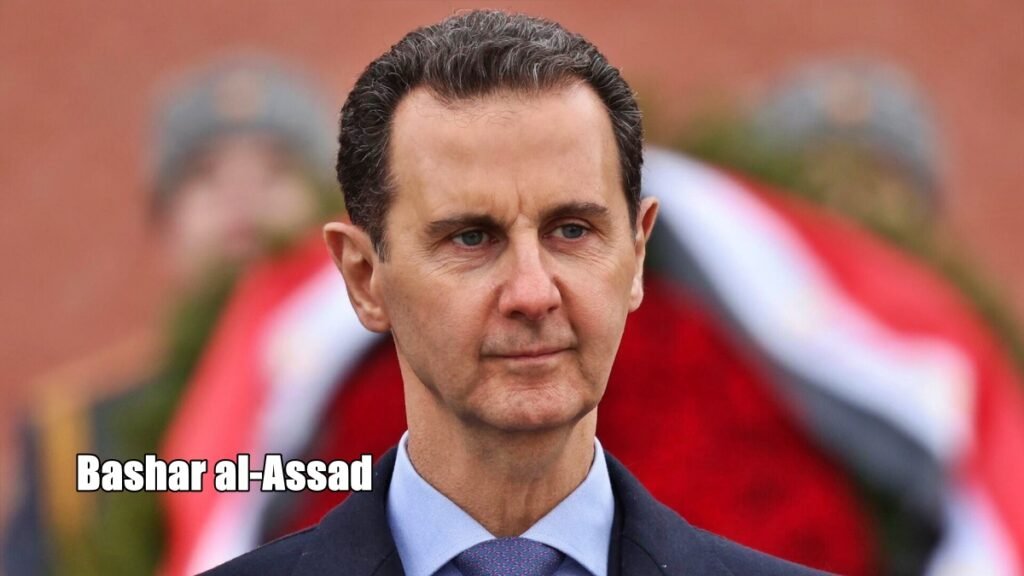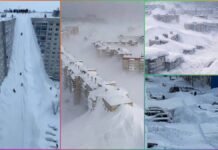
Moscow: In a dramatic turn of events, Syrian President Bashar al-Assad has reportedly fled to Moscow with his family, seeking political asylum in Russia. The move comes after rebel forces seized control of Damascus, marking the collapse of the Assad family’s five-decade rule over Syria.
Assad’s Safe Haven in Russia
Russian news agencies TASS and RIA, citing unnamed Kremlin sources, confirmed that President Vladimir Putin has granted asylum to Assad and his family. Assad reportedly left Syria early Sunday morning amid escalating violence in the capital. Initial fears over the Syrian leader’s safety arose when his aircraft reportedly lost contact with radar, sparking rumors of a crash. These rumors have now been dispelled with confirmation of his arrival in Moscow.
While the Kremlin has yet to issue an official statement, sources indicate that Russia has secured guarantees from Syrian rebel groups for the safety of Russian military bases and diplomatic missions in Syria.
Damascus Falls: A Turning Point
Rebel forces declared victory last Sunday after gaining full control of Damascus, an achievement celebrated with gunfire in the streets. The fall of the capital signifies the end of the Assad family’s iron grip over Syria, a rule that spanned more than half a century.
For the past 11 days, intense clashes between the Syrian army and rebel fighters have turned the country into a war zone. The military has confirmed Assad’s departure, signaling a leadership vacuum and acknowledging the rebels’ ascendancy.
Unverified Reports Raise Questions
While major Russian news outlets have broken the story, international media has yet to independently verify these claims. Efforts to obtain a response from the Kremlin are ongoing. This uncertainty adds a layer of intrigue to an already volatile situation, leaving questions about Assad’s future and the broader implications for Syria’s civil war.

Background on the Syrian Conflict
The latest developments come after years of turmoil in Syria, with civil war erupting in 2011. Assad’s government faced mounting resistance from various rebel groups, leading to widespread destruction, loss of life, and displacement. The capture of Damascus is seen as a critical juncture, potentially reshaping the region’s political landscape.
As the dust settles on this historic moment, the world watches to see how Syria’s power dynamics will evolve in the absence of Assad’s regime and what role Russia will play in the country’s future.




















































